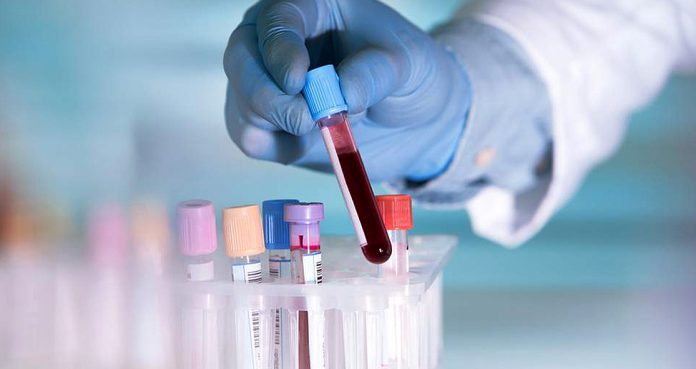Several studies have found that transfusing blood from young mice to older ones could reverse some signs of aging. However, it was unclear what component in the blood leads to such a significant effect.
Well, a new study, published Thursday in Nature Medicine, has found hundreds of blood proteins responsible for determining some signs of aging, providing crucial hints about the substances that can slow aging.
Researchers looked at more than 3,000 blood proteins drawn from over 4,000 participants.
Neurologist Dr. Tony Wyss-Coray from Stanford University said, “When we went into this, we assumed you aged gradually, so we would see these changes taking place relatively steadily as individuals get older.”
The researchers explained that these blood proteins undergo alterations in three different waves. The first change happens surprisingly in our 30s, which peaks at the age of 34.
“Then we found a second wave around 60, and then we found a third one, the most prominent one, really around 80 years of age,” said Dr. Wyss-Coray.
The neurologist explained, “Most of the proteins in the blood are actually from other tissue sources. So we can start to ask where … these proteins come from and if they change with age.” For instance, the blood proteins traced in the liver would tell us that the “liver is aging.”
Scientists are already studying each blood protein to determine which protein has an influence on health. For instance, researchers from the University of California have been studying a specific protein known as TGF-beta that is associated with aging.
Dr. Wyss-Coray founded a research company called Alkahest that studies the effects of infusing blood plasma in people with mild to moderate Alzheimer’s to stave off the condition.
Research Scientist Toshiko Tanaka from the National Institute on Aging said, “This research is really the first step in categorizing and cataloging the age-related biomarkers.”
Tanaka was the lead researcher of a study conducted last year, which also identified many blood proteins associated with aging. However, her research did not look for surprising protein waves as described by Dr. Wyss-Coray. “One of the great things about these advancements in technology is it’s becoming a lot cheaper to measure a lot of these molecules so bigger studies and more studies can assess the same proteins,” added Tanaka.





















